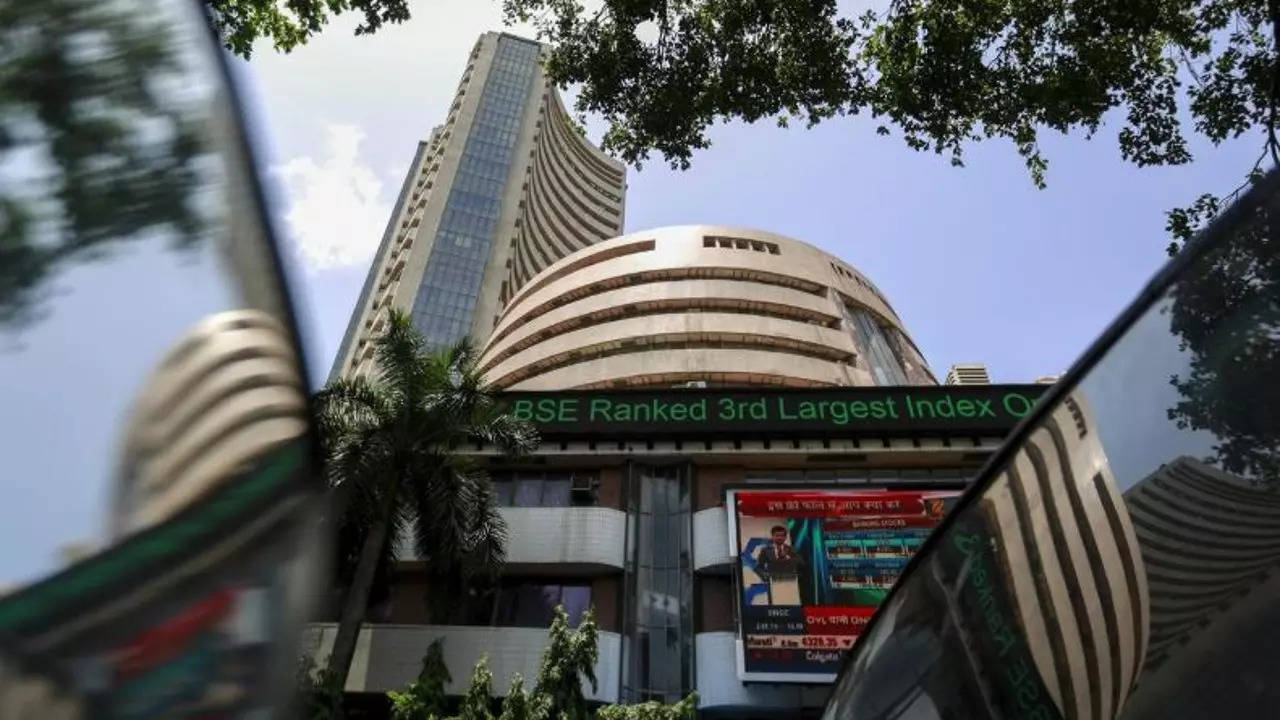
WHAT FED’S JUMBO RATE CUT OF 50 BPS MEANS FOR STOCK MARKET INVESTORS IN INDIA
As the US Fed kicked off its easing cycle with a somewhat surprising jumbo rate cut of 50 basis points, the stock market may take time to digest the impact as the world's most powerful central banker Jerome Powell may find it tough to justify the contradiction between an outsized cut and a healthy economy.
Powell's explanation for the decision to cut 50 bps offered inconsistent messages and as a result, Wall Street also ended last session with a loss.
"The Fed has tarnished its reputation for transparency built over decades of consistent messaging. We find it difficult to be confident how the Fed might react to future data surprises, and given Powell’s recent dovishness, this raises the risk of more and faster rate cuts," Nomura analysts said in a note.
This is only the third time in Fed's history that the central bank has started a rate-cutting cycle with a 50 bps reduction, the previous instances being in 2001 and 2007.
Impact on Indian stock marketHopes of a higher inflow in emerging markets like India sparked off a rally in bluechips even as smallcaps, midcaps and microcaps suffered losses. During the day, Sensex rallied over 700 points while Nifty jumped the 25,500-barrier to hit a fresh peak.
Most of the buying was seen in rate-sensitive banks, financials and auto stocks.
History shows that more often than not India has followed the US in any interest rate pivot and this time too there is high probability that we will follow suit.
"The rate cuts by the Fed will pave the way for rate cuts in India, too. CPI inflation coming below the RBI’s target of 4% during the last 2 months will facilitate rate cuts. Two rate cuts of 25 bps each are possible in India before March 2025," said Dr. V K Vijayakumar, Chief Investment Strategist, Geojit Financial Services.
Which stocks to buy?Analysts note that the macro backdrop is turning favourable for rate-sensitives, particularly bank stocks.
"A rate cut in the global market means risk on trade in emerging markets, and India would be the beneficiary. We continue to believe that style and sector rotation play a meaningful role in generating alpha. Moreover, with a strong catch-up by midcaps and smallcaps in the last couple of months, we still believe their margin of safety (in terms of valuations) at current levels has reduced compared to largecaps," said Neeraj Chadawar of Axis Securities.
Suggesting investors to go for ‘Growth at a Reasonable Price’ and ‘Quality’ themes, he said some market positioning is continuing to shift towards defensive names from the domestic cyclical in the near term.
"We believe largecap private banks, telecom, consumption, IT, and pharma provide more margin of safety in the near term," Chadawar said.
Kotak Mutual Fund's Nilesh Shah said the rate cut will facilitate flows to the emerging market assets with weaker dollar.